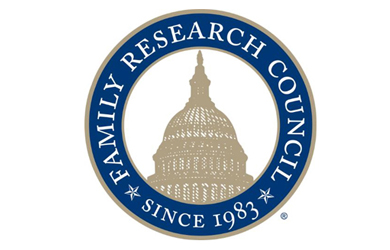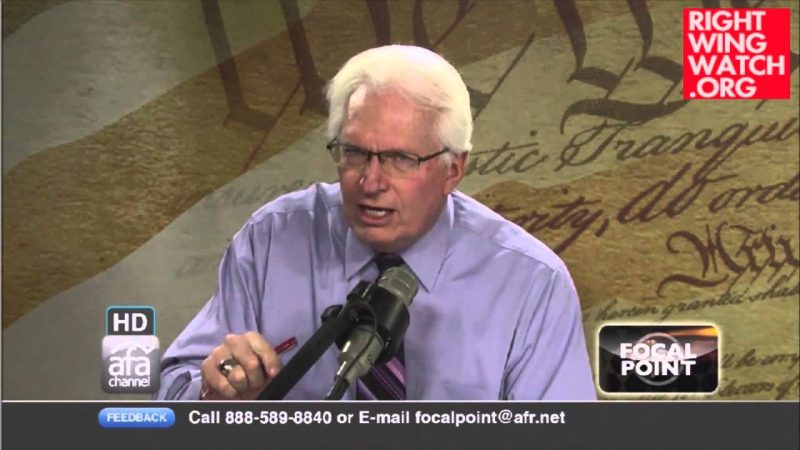Human Events interviewed its publisher, Al Regnery, who has written a book of his own on movement conservatism. While everyone on the Right talks about so-called “activist judges”—a political theme going back to southern resistance to the 1954 Brown v. Board decision—not too many writers actually cite Brown or Chief Justice Earl Warren anymore. For Regnery, though, Brown is the first case of “judicial fiat”:
[Al Regnery] But, in terms of the reaction, there have been a lot of things that have been done by the left that didn’t reflect democracy, or republican values — republican with a small ‘r’ — which conservatives did react to.
I think case in point is, starting with 1953 with the elevation of Earl Warren, the chief justice in the Supreme Court, the things that the courts have done, by unelected people, which have been moving this country to the left, actually since the Roosevelt administration. That’s been somewhat corrected now, but there is a tendency of judges oftentimes to rule in ways that certainly would not be what the people want them to do. They do that by judicial fiat, and the normal thing of conservatives to do is to get together and react to it one way or another.
[Jed Babbin]: That leads to another point. One of the things, it seems to me, that differentiates between liberals from conservatives is that conservatives are more dedicated to personal freedom. And when you have the courts imposing limitations on those freedoms, conservatives are more apt to react negatively.
AR: Well, that’s true. In a broader sense, conservatives are also, really, more dedicated to the rule of law and due process. And even in cases where the result may not bother people, the way the courts went about it often sends conservatives up the wall. Case in point is, as I point out in the book, is the Brown v. Board of Education case in 1953 and ‘54, desegregating the schools. A lot of people thought, there’s nothing wrong with desegregating the schools, it’s the right thing to do. But what in the world are these nine unelected people in Washington telling us in Texas or Mississippi or wherever it may be how to run our school systems?
What could the federal government and the 14th Amendment have to say about militant segregation? If some states wanted to use police dogs and fire hoses to maintain their system of unequal education for blacks, who are we to judge? That appears to be Regnery’s relativistic question about the Supreme Court’s intervention in Brown. In the vestigial memory of the modern Right, apparently, it still comes down to states’ rights.







